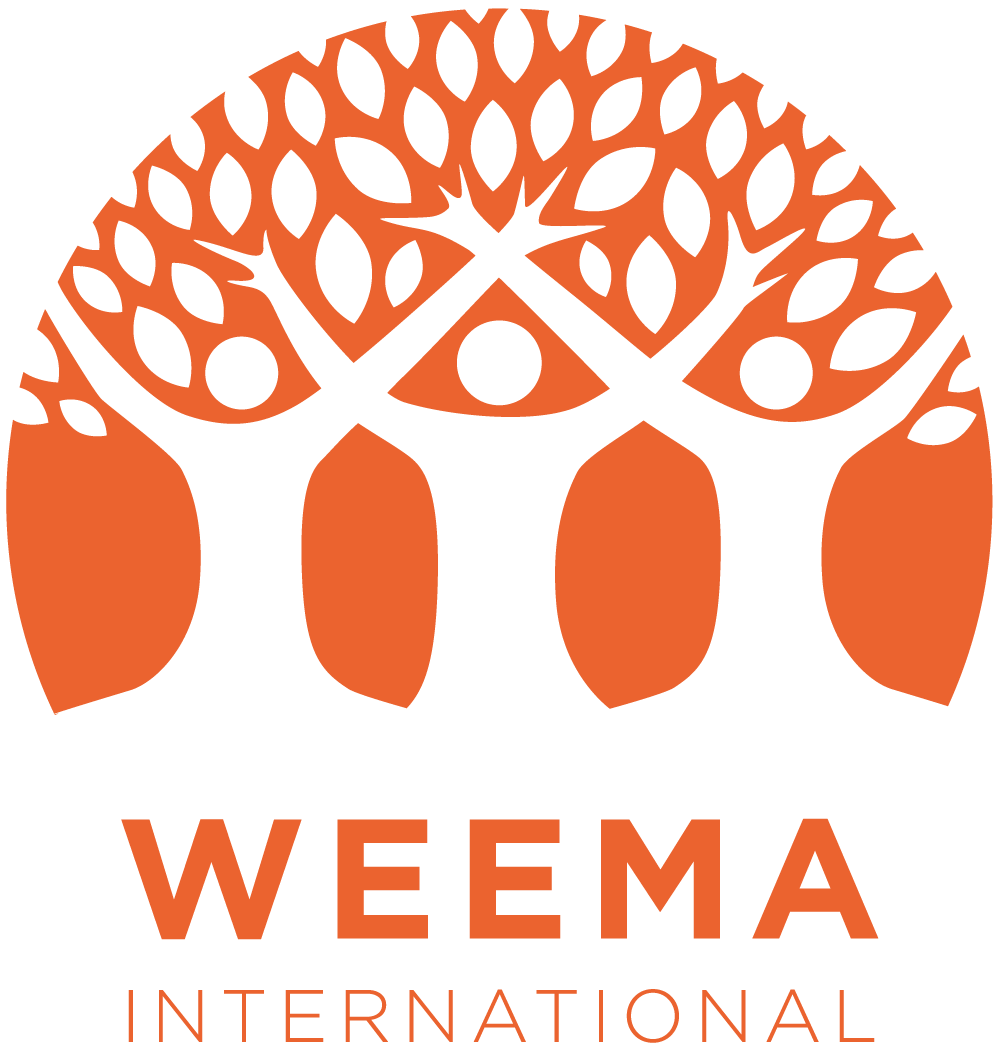Community Water Management
Building water infrastructure is only the first step. Managing and maintaining these systems is just as critical, not only for basic survival but also for the development and sustainability of these rural water systems. The establishment of community-led water committees plays a key role in addressing this challenge.
WEEMA’S COMMUNITY-LED INTERVENTION
Together with our partner Inter Aide, WEEMA establishes community water management governance structure such as committees, associations, and federations. These entities have legal status and play crucial roles such as:
Community Health: Safe drinking water is crucial for human health. The role of water committees is to manage local water resources and ensure their safety and cleanliness, thereby reducing the risk of waterborne diseases such as cholera, typhoid, and diarrhea which are common in areas with poor water management. They also play an educational role, teaching community members about proper sanitation and hygiene practices related to water use.
Socio-Economic Development: Access to clean water is a basic human right and a prerequisite for socio-economic development. It impacts education because children (especially girls) often spend less time in school due to the need to collect water. Water committees can address these issues by coordinating efforts to maintain and improve water infrastructure.
Gender Equality: Women and girls in rural Ethiopia often bear the burden of water collection, which not only deprives them of opportunities for education, work, and leisure but also exposes them to risks of injury and violence. Water committees can promote gender equality by involving women in decision-making processes about water management and distribution, thus reducing their workloads and empowering them in their communities.
Environmental Sustainability: Sustainable water management is essential for protecting local ecosystems. Water committees play an important role in managing water use to prevent over-extraction and depletion of water resources.
Conflict Resolution: Water scarcity can lead to conflicts within and between communities. Water committees serve as a local governing body that can help resolve disputes over water use and fair and peaceful water distribution.
Capacity Building: Water committees help build community capacity by empowering local leaders through improving knowledge about water management and fostering collective action. As a result, communities are more resilient and better equipped to deal with other challenges and crises.
FUNDING AND IMPLEMENTING PARTNERS
Inter Aide France
CLEAN WATER AND SANITATION LOG FRAME
(What is a log frame? A logical framework, often referred to as a log frame, is a planning tool used in international development to design, implement, monitor, and evaluate projects. It establishes a coherent structure to identify and express the project's goals, objectives, activities, inputs, outputs, outcomes, and impacts, while also defining the indicators for measuring success and identifying potential risks and assumptions. This framework fosters accountability and ensures that projects are effectively addressing identified needs and expected results.)

